There’s Research on That!:
“Me Too Behind Bars,” by Amber Joy Powell. Adding to the national conversation about sexual violence spurred by the #MeToo campaign, we rounded up social science research on sexual violence in detention.
Discoveries:
“Out of Prison, Into Precarity,” by Isabel Arriagada. New research in the American Journal of Sociology finds that formerly incarcerated individuals work in intermittent, short-term, and precarious jobs to make ends meet.
Clippings:
“When Gun Control Gets Godly,” by Evan Stewart. In a recent article for the Washington Post, Andrew Whitehead, Landon Schnabel, and Samuel Perry explain the link between beliefs about guns and religion.
From Our Partners:
Contexts:
“Contexts Symposium: After Charlottesville, Part Two,” by Contexts Magazine.
“Broadening the Landscape of Blackness, An Interview with Ayana v. Jackson,” by Fiona R. Greenland.
“Racial Reckoning and White Empathy: Lessons from my Mother,” by Judith Taylor.
“Activism and the Academy, An Interview with Cornell West,” by Janice McCabe.
“Are Karl Marx’s Claims Accurate? Partially,” by Timothy M. Gill.
Council on Contemporary Families:
“Trans Kids in the 21st Century: An Interview with Tey Meadow,” by Barbara Risman.
Midwest Sociology:
““Meet the Midwest:” Dances with Dr. Hui Wilcox,” by Neeraj Rajasekar.
And a Few from the Community Pages:
- Girl w/ Pen! interviews Dr. Valerie Wilson about economics and winning the mental game.
- Dispatches from a Dean discusses Nextdoor’s response to racial profiling.
- Center for Holocaust and Genocide Studies reflects on the relationship between Jews and Christians.

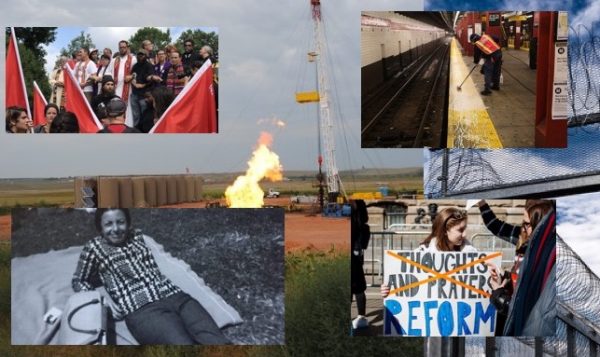 Happy Friday! Glad to have you back with us. This week we’ve got a new special feature on boomtowns, social science research on sexual violence in detention, and an interview with Dr. Hui Wilcox on her work on dance.
Happy Friday! Glad to have you back with us. This week we’ve got a new special feature on boomtowns, social science research on sexual violence in detention, and an interview with Dr. Hui Wilcox on her work on dance.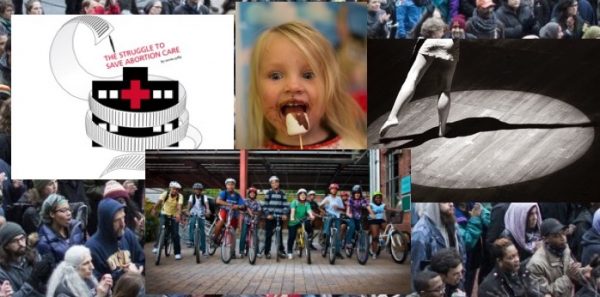 Greetings from Philadelphia! Many of us at TSP are in town for the annual American Sociological Association meeting, but that doesn’t mean we’ve been slacking on content! This week we’ve got social science research on the purposes of punishment, how lead poisoning can lead to antisocial behavior, and why children’s self-control isn’t a good measure of future success.
Greetings from Philadelphia! Many of us at TSP are in town for the annual American Sociological Association meeting, but that doesn’t mean we’ve been slacking on content! This week we’ve got social science research on the purposes of punishment, how lead poisoning can lead to antisocial behavior, and why children’s self-control isn’t a good measure of future success.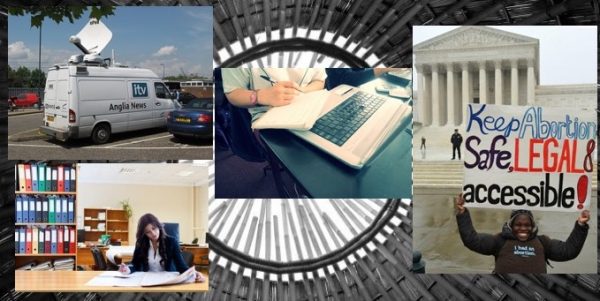 Happy Friday! As we move into August, we rounded up research on abortion providers before Roe v. Wade, the ways country context influences web journalism analytics, and why so many people watch disaster coverage.
Happy Friday! As we move into August, we rounded up research on abortion providers before Roe v. Wade, the ways country context influences web journalism analytics, and why so many people watch disaster coverage.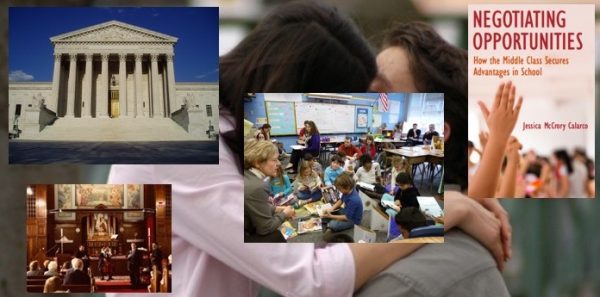 Welcome back all! This week we wish Sociological Images a happy birthday! We also reflect on coded racial language in schools, the U.S. Supreme Court’s influence on diversity in college admissions, and immigrants’ sexual attitudes during college.
Welcome back all! This week we wish Sociological Images a happy birthday! We also reflect on coded racial language in schools, the U.S. Supreme Court’s influence on diversity in college admissions, and immigrants’ sexual attitudes during college.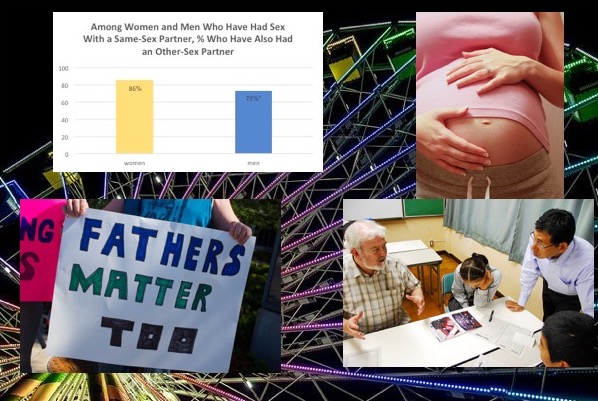
 Hello again! As the World Cup wraps up this weekend, we review research on the impact of international mega-events. We’ve also got new research on what your nose knows, and a professor’s reflections about why she had to shut down her study on penis size and self esteem.
Hello again! As the World Cup wraps up this weekend, we review research on the impact of international mega-events. We’ve also got new research on what your nose knows, and a professor’s reflections about why she had to shut down her study on penis size and self esteem.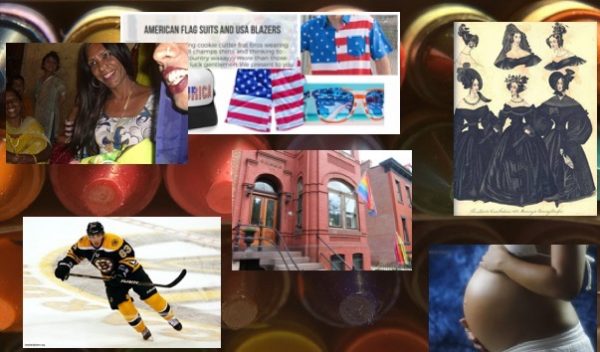 Welcome to the start of another month at TSP! If you need to escape the heat, you can chill out while reading about the realities of widows in the United States, Pakistan’s third gender, and how skin color and racial identity matter for how others perceive race.
Welcome to the start of another month at TSP! If you need to escape the heat, you can chill out while reading about the realities of widows in the United States, Pakistan’s third gender, and how skin color and racial identity matter for how others perceive race.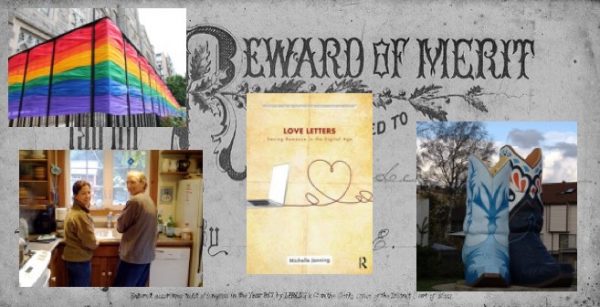
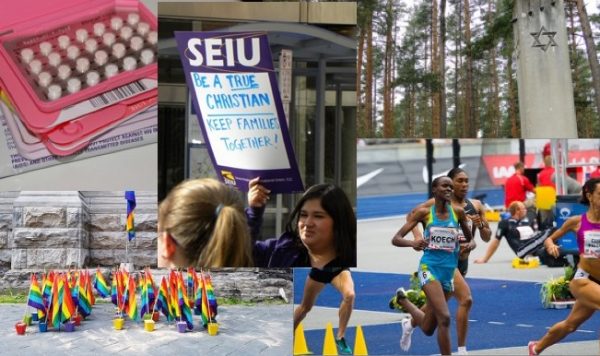 Hello again and welcome back! This week we continue our increased coverage of gender and sexuality for PRIDE month with research on sex testing in athletics, queer criminality, and a historical look at contraception campaigns in India.
Hello again and welcome back! This week we continue our increased coverage of gender and sexuality for PRIDE month with research on sex testing in athletics, queer criminality, and a historical look at contraception campaigns in India.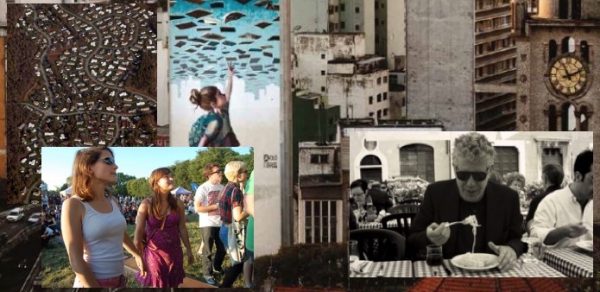 Welcome back, sociology-friends. As we mourn the loss of Anthony Bourdain this week, we reflect on his legacy as an honorary sociologist of sorts. We also highlight new research on sexual behavior and identities, and the persistence of racial segregation in the United States.
Welcome back, sociology-friends. As we mourn the loss of Anthony Bourdain this week, we reflect on his legacy as an honorary sociologist of sorts. We also highlight new research on sexual behavior and identities, and the persistence of racial segregation in the United States.